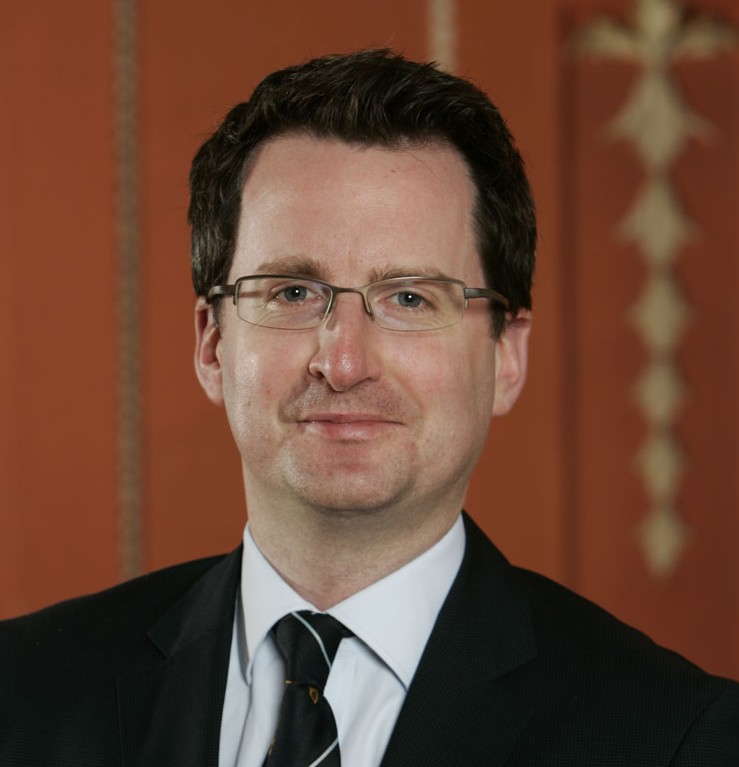Lia Flattery
Staff Writer
Wednesday afternoon classes could be abolished during the next academic year as part of College’s five-year strategic plan, Trinity News has learned. The re-introduction of a “Trinity Wednesday” could see an end to afternoon classes so that students will have more time to participate in clubs and societies. The suggestion is one among a number put to students in a survey outlining a range of proposed changes to the educational experience both inside and outside the classroom at undergraduate level in Trinity. The survey was emailed to students at the beginning of February by Senior Lecturer, Dr Patrick Geoghegan, as part of an effort, he said, to “rearticulate our vision of the Trinity education for the 21st century.”
Speaking to Trinity News about the feasibility of the “Trinity Wednesday” proposal, Geoghegan said that it was originally suggested to him by the provost and that class-free Wednesdays were a feature of Trinity life in the 1980s and still take place in some British universities today. He said, “It would be difficult to run it in health sciences, and we’d need to have a good timetabling structure for it to work across College, but if there was support from students for it we would definitely like to explore it and see if it could work across all courses.”
Geoghegan has been working on the Trinity education project since September 2012 when the provost initially approached him with the idea. He said that both the previous SU education officer, Dan Ferrick, and the current officer, Jack Leahy, had assisted him in formulating the proposals presented in the student survey. Speaking to Trinity News, Jack Leahy said that he fully supported the project and had helped to formulate some of the ideas, including the proposal of a “Trinity Wednesday”. He said that the proposals are “an expression of aspiration that we’re going to have to spend the next five years trying to put ourselves in place to achieve.” When asked for his opinion on the current state of Trinity education, he said that, “I think the current Trinity education is very traditional, so there’s a lot of focus on academic performance and measuring academic performance in very old fashioned ways.” The project aims to adapt it to the demands of the 21st century, he said.
In drafting the proposed changes, Geoghegan also said he had gone through a lengthy consultation process with many different bodies across college, including all 24 schools and representatives of staff, students and various clubs and societies. He stated that in reviewing Trinity’s educational vision over the past 422 years, he had found it to be “remarkably consistent” and that in the previous two centuries “a Trinity education didn’t just prepare you for your first job, it was about giving you the range of skills that would prepare you for life.” The goal now, according to Geoghegan, is to further develop this vision for the modern day.
When asked about the overall aim of this initiative, Geoghegan told Trinity News that, “At a time when there is a global debate about the nature and purpose of third-level education, he (the provost) felt that this was the time for Trinity to engage with the debate and articulate what it does best, and what it aims to deliver in its undergraduate curriculum, and ensure that we continue to provide a world-class education to our students.”
Other proposals listed in the survey include the provision of an introductory module to each course in first year to help students cope with the transition from second to third level education; the introduction of a mandatory dissertation or individual research project for every student in every course in their final year; and the formation of a ‘T-shaped’ or ‘Trinity-shaped’ education whereby each course would subscribe to a shared philosophy and aim to foster in its students both course-specific skills (the vertical part of the T) as well as ‘more general transferable’ skills (the horizontal bar of the T).






